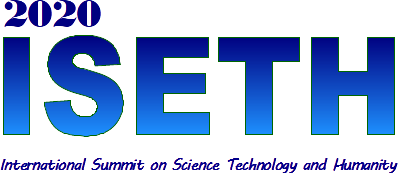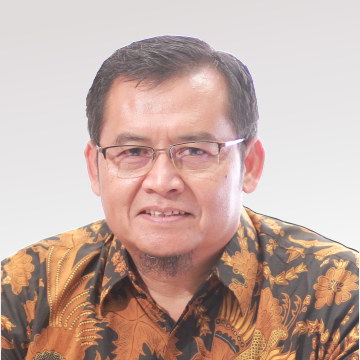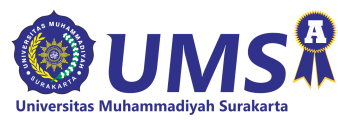
International Conference on Advanced Materials Science
ICOAMS2020 invites all potential authors from universities and various organizations to submit papers in the area metallurgy, material science, nano materials and nao technology, also computational material science.
CONFERENCE DAY: 8-9 December 2020
PAPER SUBMISSION CLOSED: 5 December 2020
Publication Options:
SCOPUS publicationMaterial Science Forum
Please note if there is a technical problem, the scopus journal can be changed to another scopus journal
Track 1: Metallurgy and Materials Science
• Nanoparticles • coatings and thin films • inorganic-organic hybrids and composites • membranes • nano-alloys • quantum dots • self-assemblies • graphene • nanotubes • synthesis of organic, inorganic, and hybrid nanomaterials • characterization of mesoscopic properties • modelling of nanomaterials and/or mesoscopic effects • new application of nanomaterials.
Track 3: Characterization and Testing of Materials
• Destructive and non-destructive testings • mechanical and physical tests • metallography • failure analysis • corrosion resistance • chemical analysis • surface characterization and microanalysis of surfaces • features and fractures • industrial performance measurement • materials selection • general material design, characterization, and evaluation.
Track 4: Biomaterials, Energy materials and Advance Materials
• Physical, biological and chemical sciences that underpin the design of biomaterials • polymer synthesis and characterization • drug and gene vector design • the biology of the host response • immunology and toxicology and self assembly at the nanoscale • implantable devices • bionanotechnology • tissue engineering • materials for energy (all aspects of thermal, renewable and nuclear power generation) • transmission and storage of the energy produced • development of materials with novel and/or useful optical, electrical, magnetic, catalytic, and mechanical properties.
Track 5: Computational Materials Science
• obtaining new or enhanced insights into material behavior, properties and phenomena • predicting structure-property relationships for new materials in conjunction with data informatics • novel capabilities of computational tools, technical software and shareware, or cyberinfrastructures • application of modern computational methods alone or in conjunction with experimental techniques to investigate existing inorganic and organic materials as well as to discover new materials.












0 Comments
LEAVE A COMMENT